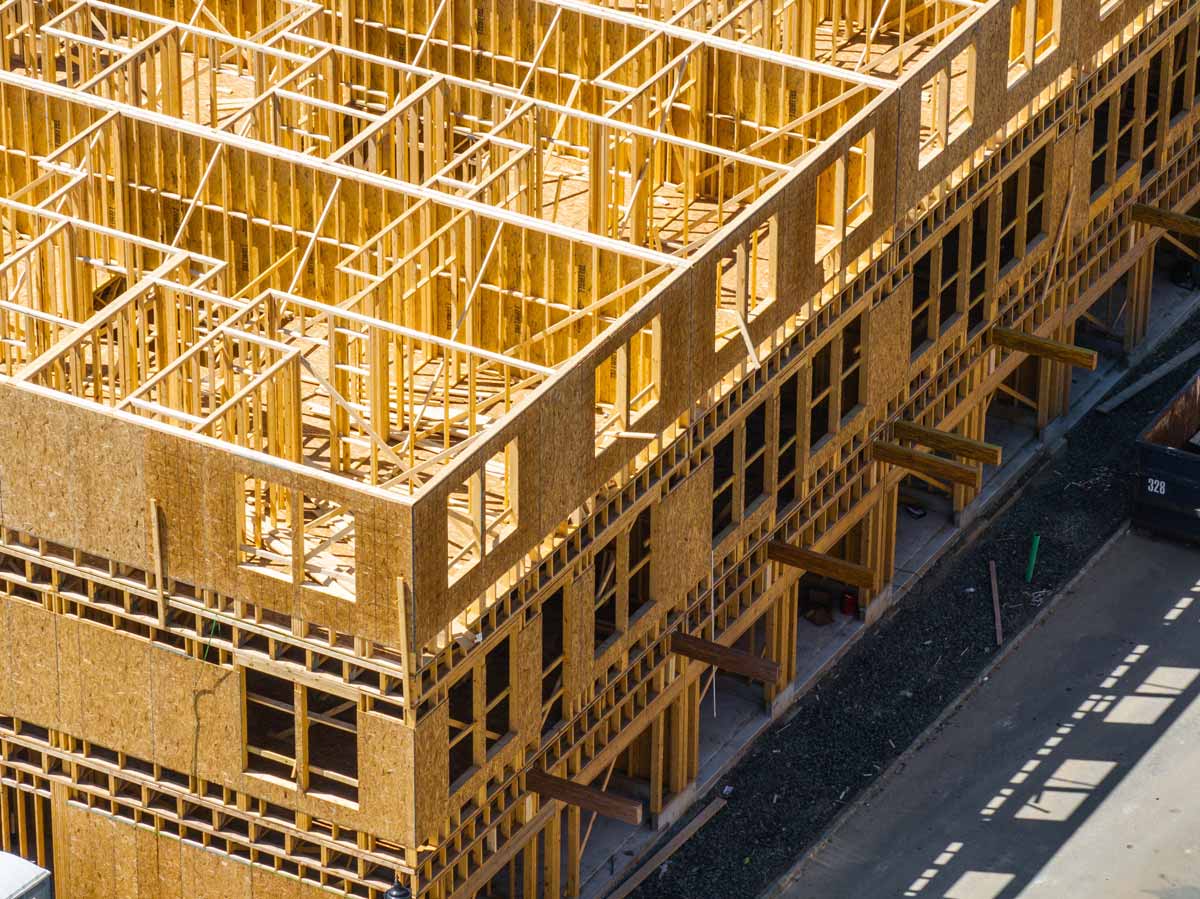The Role of Transitional Housing in Helping Families Rebuild
The Role of Transitional Housing in Helping Families Rebuild
Transitional housing serves as a vital bridge for families navigating the challenges of homelessness or unstable living situations. It provides not only a roof over their heads but also essential resources to equip them for long-term stability. In today’s economic climate, where many families face unforeseen hardships, understanding the role of transitional housing in helping families rebuild is more critical than ever. This type of housing is not just about providing temporary shelter; it encompasses a holistic approach to recovery and stability.
Understanding Transitional Housing
Transitional housing programs are designed to offer temporary accommodations for individuals and families facing a housing crisis. Unlike emergency shelters, transitional housing typically provides a longer stay that ranges from a few months to a couple of years, allowing families the time to stabilize their situations. These programs often come with a structured environment that includes case management and support services aimed at meeting the unique needs of each family. By understanding the framework and objectives of transitional housing, we can appreciate how it plays a crucial role in helping families rebuild their lives.
Key features of transitional housing include:
- Access to case managers who help identify needs and resources
- Life skills training that empowers families to make sustainable choices
- Connections to employment opportunities and educational resources
- A supportive community that fosters social connections and shared experiences
Breaking the Cycle of Homelessness
One of the most significant impacts of transitional housing is its ability to break the cycle of homelessness. For families who have faced instability, transitional housing provides a safe environment where they can focus on rebuilding their lives without the immediate stress of finding permanent housing. With the support of case managers, families can address underlying issues such as unemployment, mental health challenges, or substance abuse, which often contribute to their situations.
Moreover, transitional housing programs emphasize the importance of personal accountability and goal-setting. Families are encouraged to develop actionable plans that lead to permanent housing solutions. By fostering a sense of responsibility, transitional housing equips families with the skills and confidence they need to thrive in a more stable environment.
Access to Essential Resources
Transitional housing is not merely a shelter but a stepping stone toward self-sufficiency. Many programs offer essential resources that can significantly impact a family’s ability to rebuild their lives. These resources often include:
- Financial literacy programs that teach budgeting and saving
- Job training and employment assistance to help families find steady work
- Childcare services that allow parents to pursue employment or education
- Health and wellness programs, including mental health support
By providing easy access to these vital services, transitional housing empowers families to take charge of their circumstances. It enables them to focus on their long-term goals while feeling secure in their temporary living situation.
Building a Supportive Community
Another pivotal role of transitional housing is its ability to foster community among residents. Families often come from diverse backgrounds and experiences, but living together in transitional housing allows them to share their stories and support one another. This sense of community can be incredibly healing and motivating, inspiring families to take positive steps toward rebuilding their lives.
Support groups and community events are often organized within transitional housing programs. These initiatives encourage residents to connect with one another, share resources, and cultivate friendships. The power of community cannot be underestimated; it serves as a reminder that families are not alone in their struggles, and together, they can overcome challenges more effectively.
The Path to Permanent Housing
Ultimately, the goal of transitional housing is to lead families to permanent housing solutions. Through various programs, families are equipped with the tools they need to find stable housing that meets their needs. Case managers often assist families in navigating the housing market, applying for rental assistance, and understanding their rights as tenants.
By focusing on creating a clear path to permanent housing, transitional housing programs not only address immediate needs but also lay the groundwork for future stability. Families learn about the importance of maintaining a stable rental history and the responsibilities that come with securing a lease, enabling them to transition more smoothly into independent living.
Conclusion: The Importance of Transitional Housing
In conclusion, the role of transitional housing in helping families rebuild cannot be overstated. It provides a safe, supportive environment where families can address their challenges while gaining access to essential resources. By breaking the cycle of homelessness and fostering community, transitional housing empowers families to take control of their lives and move toward long-term stability.
If you or someone you know is in need of transitional housing, or if you would like to learn more about how these programs can support families in crisis, we encourage you to reach out. Taking the first step toward rebuilding a life is crucial, and the right support can make all the difference. Contact us today to explore available resources and find the help you need.
Keywords: transitional housing, families rebuild, support services, community resources, affordable housing, emergency shelter, family stability, housing assistance, homeless families, local outreach, long island, mental health support, social services, recovery programs, sustainable solutions
popular news & articles
In recent years, community health programs have emerged as vital […]
Suffolk County, located on Long Island, New York, is home […]
Suffolk County, located on Long Island in New York, is […]
Scholarship Opportunities Every Long Island Student Should Know About For […]
news via inbox
Stay Connected

The Honorable Paul J. Tonna is a distinguished public servant, community advocate, and seasoned leader with a career marked by dedication to environmental sustainability, social equity, and community development. Serving as a Suffolk County Legislator for twelve years, including three years as Presiding Officer, Tonna played a pivotal role in advancing public health, environmental conservation, and workforce housing initiatives… Read More
Learn more about Paul Tonna at his website PaulTonna.com
Related Articles
Paul Tonna serves as Molloy College’s Executive Director for The Energeia Partnership, a leadership academy dedicated to identifying and addressing the serious …
The Honorable Paul Tonna serves as Vice Chairman and Executive Vice President of Corporate Affairs for American Health Group.
Paul Tonna joined the South Huntington Water District as a Commissioner in March, 2006, bringing with him a diverse background including experience in …
Mr. Paul Tonna is a former healthcare executive, elected official, and university adjunct professor. Paul currently serves as executive director of Molloy College’s leadership academy, The Energeia Partnership, Suffolk County…
Paul Tonna, Managing Partner, Fun Facts, Deborah Young, Director of Operations & Finance, Fun Facts, Patricia Miller, Partner, Real Estate Development.
Paul J. Tonna – Public Service Leader and AERTC Advisory Board Member | Championing Sustainable Energy Solutions and Community Development.









